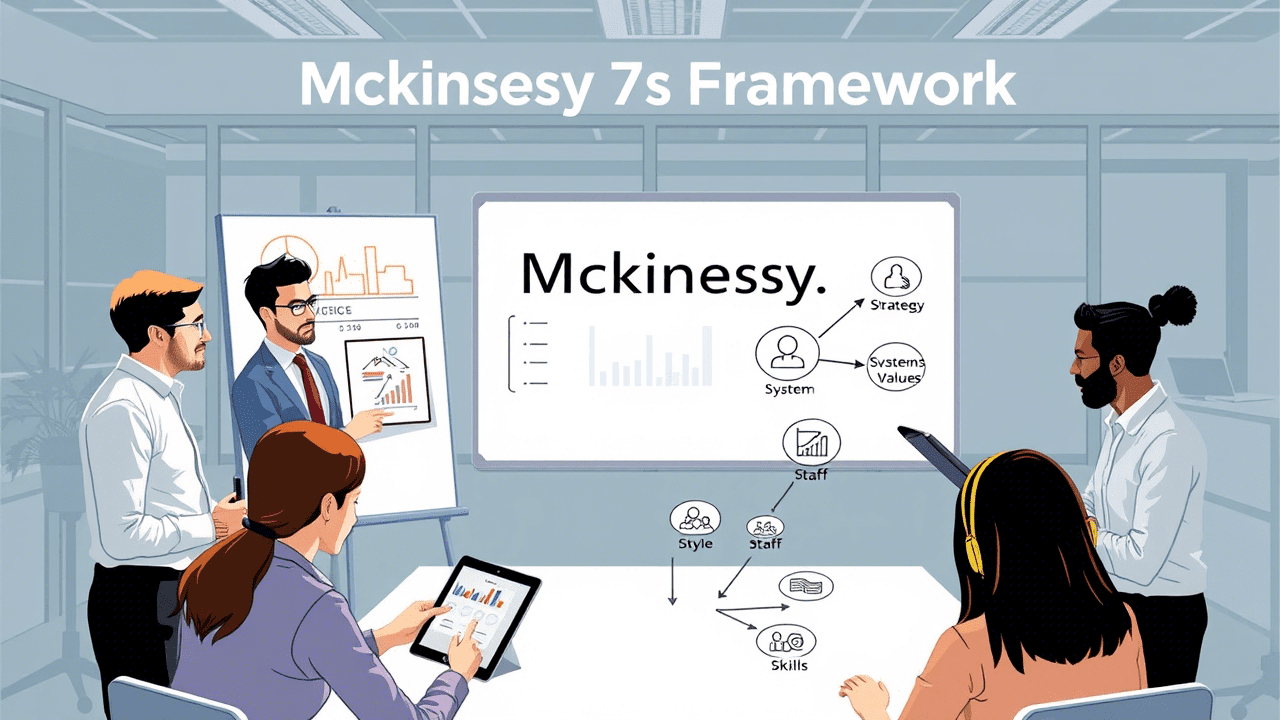Introduction
Raising funds for a startup with no revenue can seem like an impossible challenge. Yet, many successful companies—like Uber, Airbnb, and Dropbox—secured millions in funding long before they had a dollar in sales. How? By mastering the art of valuation without revenue.
In this guide, we’ll uncover the secrets behind startup valuation when you don’t have revenue, explore key factors investors consider, and provide actionable strategies to maximize your fundraising success.
Why Investors Back Startups Without Revenue
Investors bet on potential, not just profits. Even without revenue, your startup can attract funding if you can demonstrate:
- A Massive Market Opportunity – Investors want to see a large, growing market.
- A Strong Founding Team – Experience, expertise, and execution ability matter.
- Traction (Even Without Revenue) – User growth, partnerships, or pilot programs can prove demand.
- A Unique and Defensible Idea – Patents, proprietary tech, or a disruptive business model add value.
- A Clear Path to Monetization – Investors need confidence that revenue will come.
Now, let’s dive into the valuation methods used for pre-revenue startups.
Startup Valuation Methods Without Revenue
1. The Berkus Method
Created by angel investor Dave Berkus, this approach assigns value based on qualitative factors:
- Sound Idea (Basic Value) – $500K
- Prototype (Reduces Tech Risk) – $500K
- Quality Management Team – $500K
- Strategic Relationships – $500K
- Product Rollout or Sales – $500K
Total Potential Valuation: Up to $2.5M
2. Scorecard Valuation Method
This method compares your startup to others in the region and adjusts based on key factors:
- Team (30%) – Experience and skills
- Market Size (25%) – Growth potential
- Product/Technology (15%) – Innovation level
- Competitive Environment (10%) – Barriers to entry
- Sales & Marketing (10%) – Go-to-market strategy
- Need for Additional Investment (10%) – Future funding requirements
Example: If the average pre-seed valuation in your sector is 2M,andyourstartupscores202M,andyourstartupscores202.4M**.
3. Risk Factor Summation Method
This approach evaluates 12 risk factors (management, competition, funding, etc.) and adjusts valuation up or down based on each.
Example:
- Base valuation: $1M
- Management risk: -$100K (inexperienced founder)
- Market risk: +$200K (high-growth industry)
- Adjusted Valuation: $1.1M
4. Venture Capital (VC) Method
Investors estimate your startup’s future revenue and apply an expected ROI.
Formula:
Post-Money Valuation = Exit Value / Expected ROI
Example:
- Expected exit in 5 years: $50M
- Investor wants 10x return → 50M/10=∗∗50M/10=∗∗5M post-money valuation**
How to Increase Your Valuation Without Revenue
1. Build Traction (Beyond Revenue)
- User Growth: Show increasing sign-ups or active users.
- Pilot Programs: Partner with established companies.
- Press & Awards: Media coverage adds credibility.
2. Assemble a Stellar Team
Investors back people, not just ideas. Highlight:
- Previous startup success
- Industry expertise
- Technical talent
3. Secure Early Commitments
- Letters of Intent (LOIs) from potential customers
- Strategic partnerships
4. Leverage Social Proof
- High-profile advisors or angel investors
- Participation in top accelerators (Y Combinator, Techstars)
5. Show a Clear Monetization Plan
Even without revenue, outline:
- Pricing strategy
- Customer acquisition cost (CAC) and lifetime value (LTV)
- Scalability
Common Mistakes to Avoid
- Overvaluing Your Startup – Unrealistic numbers scare investors.
- Ignoring Market Comparables – Benchmark against similar startups.
- Neglecting Due Diligence – Be ready to justify every assumption.
Final Thoughts
Fundraising without revenue is challenging but far from impossible. By leveraging traction, a strong team, and smart valuation methods, you can secure the funding needed to scale.
Key Takeaways:
✅ Use valuation methods like Berkus or Scorecard to justify your worth.
✅ Focus on traction, team, and market potential.
✅ Avoid common pitfalls like overvaluation.
Now, go out there and pitch with confidence—your next investor could be just around the corner!
Need Help with Your Fundraising Strategy?
If you’re preparing for a funding round, I’d love to help! Drop your questions below or reach out for a deep dive into your startup’s valuation strategy. 🚀
Liked this post? Share it with fellow founders!





